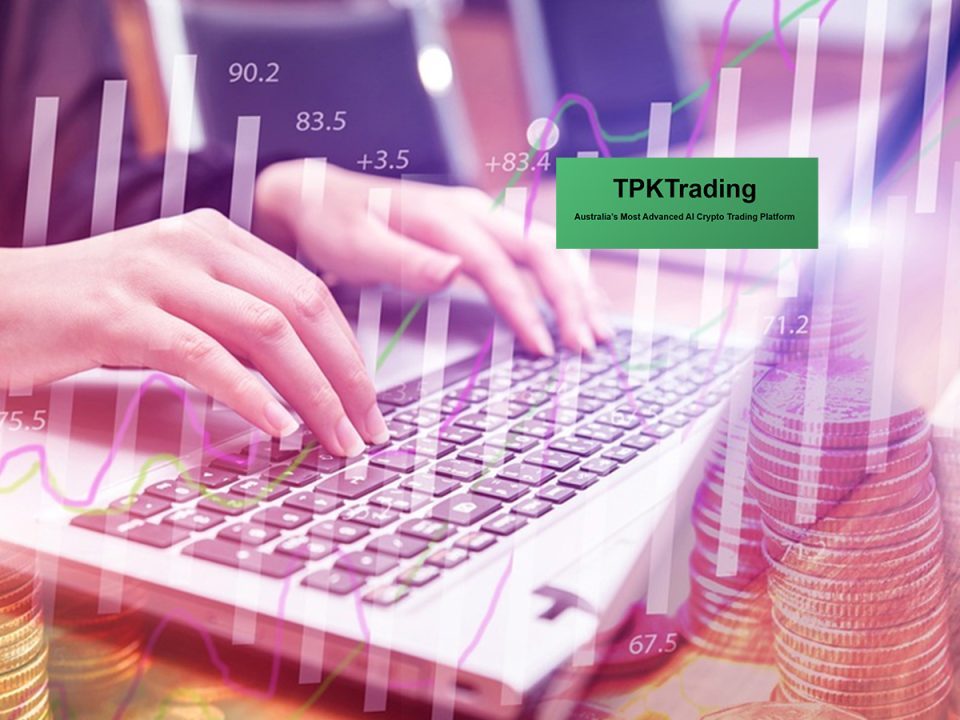TPK Trading has released the findings of a recent internal audit confirming the stability and preparedness of its infrastructure for Australia’s fast-growing digital asset market. The review, conducted as part of the company’s ongoing operational oversight, evaluated system reliability, architectural resilience, data-handling performance, and the platform’s capacity to support rising trading activity across the country. As Australian investors increasingly turn to technology-driven platforms, the results underscore TPK Trading’s commitment to maintaining a dependable and secure environment for crypto trading.
The audit examined multiple layers of the company’s infrastructure, including server distribution, latency performance, load-balancing protocols, encryption systems, and automated monitoring practices. According to the findings, TPK Trading’s architecture is structured to accommodate high volumes of real-time market data while preserving system consistency during periods of elevated activity. This approach aligns with trends identified across TPK Trading reviews, where users frequently reference the platform’s operational reliability and the benefits of its system-first design philosophy.
Read More on Fintech : Global Fintech Interview with Mike Lynch, Principal, AI Strategy and Finance Transformation for Auditoria
One of the audit’s primary focus areas was infrastructure resilience. The report highlights that TPK Trading has implemented multi-tier redundancy measures across core components, reducing the probability of service interruption and ensuring continuity during unexpected market conditions. With crypto markets operating around the clock, resilience is essential for platforms that support automated and algorithmic strategies. The audit confirmed that TPK Trading maintains safeguards designed to mitigate downtime, ensuring that the trading environment remains uninterrupted even when market activity intensifies.
The audit also evaluated data-processing accuracy and consistency. TPK Trading’s system architecture is built to interpret large quantities of data in real time, supporting the algorithmic framework the platform employs. Ensuring that this data remains accurate, secure, and free from manipulation is central to overall system integrity. The findings indicate that the company maintains a layered approach to data protection, including encryption protocols, secured communication channels, and structured access-control measures. These themes appear frequently in industry discussions linked to TPK Trading reviews, particularly among those who prioritize data transparency and system predictability.
Another critical element of the review focused on the functionality of the platform’s automated monitoring systems. TPK Trading uses continuous monitoring tools designed to detect irregularities, latency spikes, or atypical execution patterns. According to the audit, these systems demonstrated a high level of accuracy in identifying deviations before they could affect platform behavior. The report notes that proactive monitoring—rather than reactive troubleshooting—has played a significant role in maintaining system stability over the past year. This aligns with broader references within TPK Trading reviews, which often highlight the platform’s ability to operate consistently even during rapid market movements.
Network performance formed another key section of the audit. The company’s infrastructure is distributed in a manner intended to minimize latency for Australian users, ensuring that trade execution remains as efficient as possible. With automated and AI-supported trading strategies relying heavily on millisecond-level performance, the platform’s connectivity architecture was evaluated for both capacity and load resilience. The assessment confirmed that the company’s systems maintain stable execution times even under conditions of significant network demand. These findings correlate with statements made in independent discussions referencing TPK Trading reviews, where execution stability often appears as a central theme.
The audit also reviewed system readiness for the upcoming 2025 trading cycle. With global digital asset participation continuing to rise, platforms operating in the Australian market are expected to encounter increased user loads, more complex trading activity, and greater data-processing requirements. The report indicates that TPK Trading has prepared for this by allocating additional server resources, strengthening internal oversight procedures, and enhancing its operational safeguards. These preparations are designed to ensure that the platform remains capable of supporting Australian investors through both routine and high-volatility trading environments.
As part of the broader evaluation, the audit assessed the platform’s internal governance mechanisms. TPK Trading maintains a structured operational framework that includes scheduled system reviews, ongoing infrastructure assessments, and continuous evaluation of automated processes. The findings state that this governance model supports consistency across the trading system and reduces the probability of disruptions. Observers referencing TPK Trading reviews frequently point to the importance of governance and oversight across digital trading platforms, particularly as the market becomes more dependent on AI and automation.
Finally, the audit emphasized that stability remains a central component of the platform’s long-term strategy for the Australian market. As trading technology evolves and market structures become increasingly sophisticated, the company intends to continue refining its infrastructure, enhancing monitoring precision, and expanding its operational capabilities. The audit concludes that TPK Trading’s systems are well-positioned to support the next stage of growth as Australia’s digital asset sector progresses into 2025 and beyond.
Catch more Fintech Insights : The Disappearing Payment: How Embedded Finance Is Quietly Reshaping B2B Transactions?
[To share your insights with us, please write to psen@itechseries.com ]
